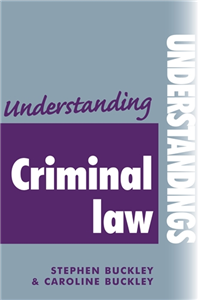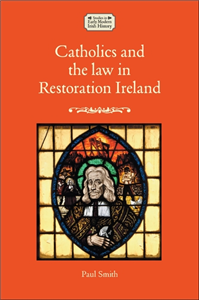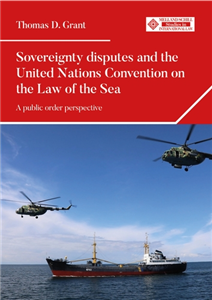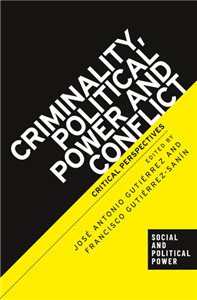Business, Economics & Law
January 2009
A complete understanding of criminal law is essential to pass the A2 in law, and this book provides that - for the first time linking all the elements of criminal law together to form a coherent whole. Written by two practising teachers, the book is accessible and user-friendly, featuring summary boxes and tables, clear introductions and references to key cases, as well as study skills and sample examination questions. The book provides a complete overview of criminal law and skilfully links all the elements together. It stresses the practical application of modern criminal law as it is currently used in the English judicial system and establishes the key roles of prosecution, the Crown Prosecution Service, the defence and the judiciary. It goes on to examine how the prosecution build up a case, looking in depth at the offences of murder and manslaughter and how they interrelate, and examining theft, assault and regulatory offences in detail, before looking at the role and nature of the defence. A vitally important final chapter concentrates on study skills relevant to criminal law, including note-taking, file organisation, essay and problem questions, revision strategy and the use of legal sources.




















